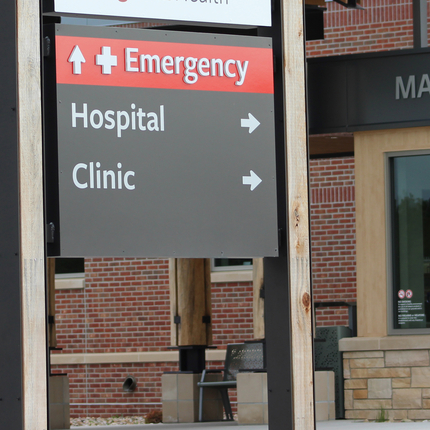By Jon Bailey
A constant complaint about Medicaid is that fewer healthcare providers take patients on public insurance programs, and the resulting quality of care suffers.
The facts, however, tell a different story. According to the Commonwealth Fund Biennial Health Insurance Survey nearly all Medicaid (95%) and private coverage patients (94%) have a regular source of health care. The quality of care (rated excellent or very good) is higher for Medicaid patients (55%) than for those with private insurance (53%).
Unfortunately, uninsured people are severely disadvantaged in both respects. Only 77% of those without insurance have a regular source of health care. And only 40% of uninsured rate their care as excellent or very good, compared to 55% of those with Medicaid.
Those with private insurance are slightly better able to schedule a same day or next day medical appointment (58%) compared to those on Medicaid (53%) or uninsured (43%). But those on Medicaid have physicians and physician staff who know their medical history; 86% for those on Medicaid compared to 84% for those with private insurance and 77% of the uninsured.
Those who oppose expanding Medicaid, as provided in the Affordable Care Act, use these myths to support their arguments. But the facts tell us that the right choice, the only moral choice, is to extend Medicaid coverage to the hundreds of thousands who fall into the Coverage Gap, where working Americans who don’t currently qualify for Medicaid and whose income is too low to participate in the new health insurance marketplace.
Jon M. Bailey is a rural policy and research expert and former Center for Rural Affairs Policy and Research Director.





